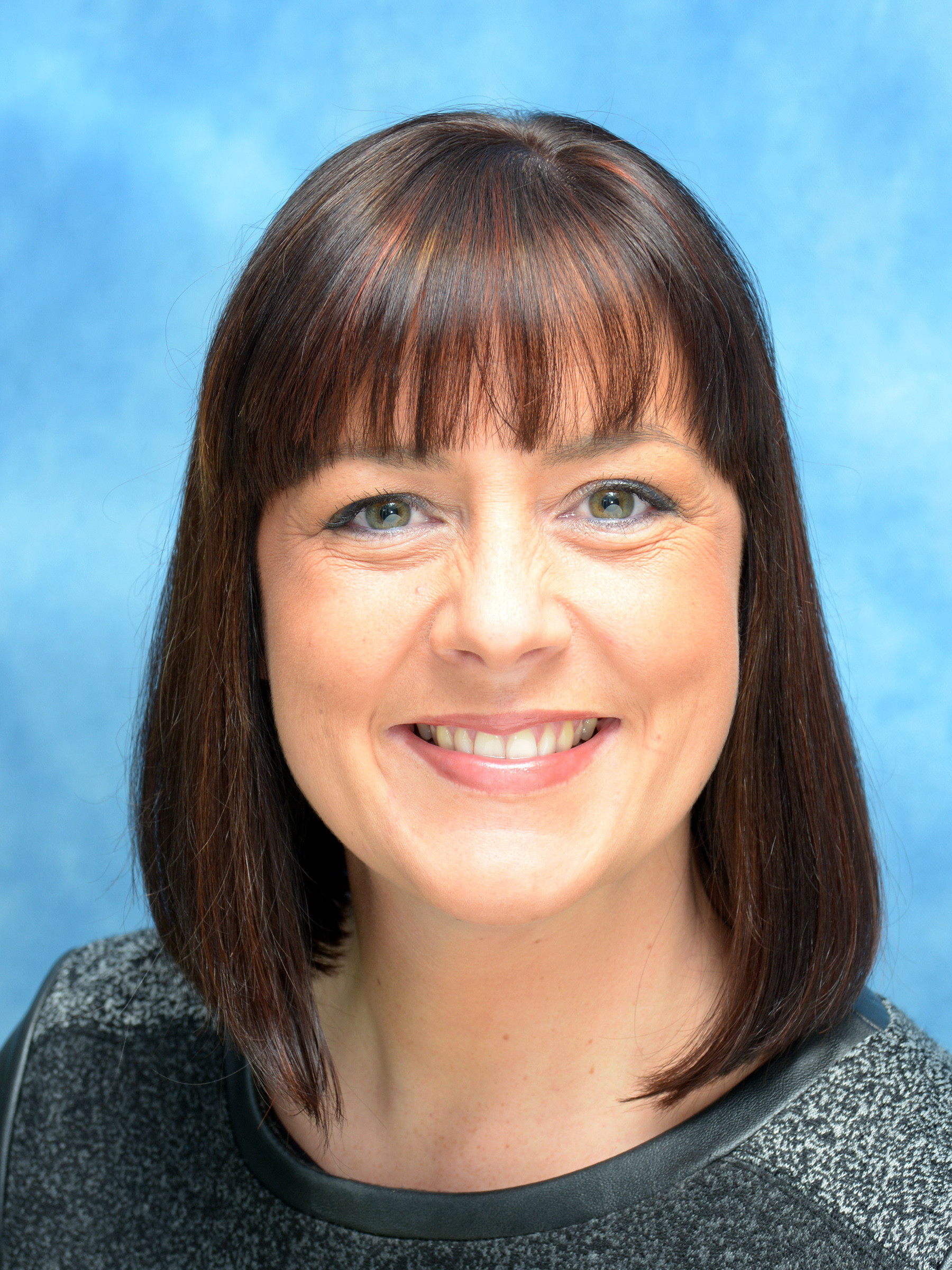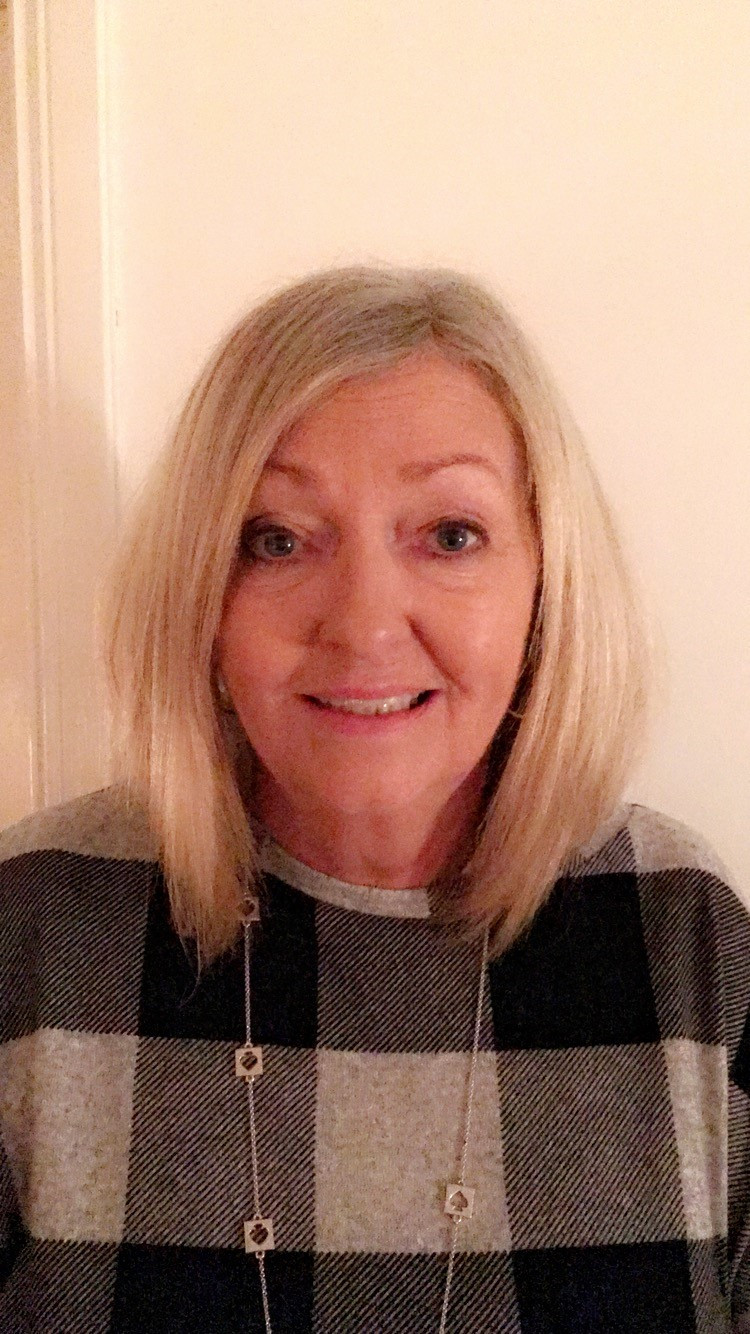Package summary
Start Date
End Date
Courses
- Autism and the Special School, Communication and Motivation
- Autism and the Special School, Developing Social and Leisure Activities
- Autism and the Special School, Anxiety Management and the Promotion of Positive Behaviour
- Autism and the Special School, Sensory Processing
- Autism and the Special School, Relationships and Sexuality Education
Middletown Centre for Autism
Five-Week Parent Training Programme
Children and Young People with Autism and Learning Difficulties
Programme Content
1. Autism and Learning Difficulties, Communication and Motivation
2. Autism and Learning Difficulties, Relationships and Sexuality Education
3. Autism and Learning Difficulties, Anxiety and Promotion of Positive Behaviour
4. Autism, Learning Difficulties and Sensory Processing
5. Autism and Learning Difficulties, Developing Social and Leisure Activities
Course Description
This five-week programme has been designed for parents and family members who are living with children and young people with autism in a Special School.
Notes
Courses in package
Autism and the Special School, Communication and Motivation
Event summary
Date
Start Time
End Time
Marino Community Special School, Co. Wicklow, Bray, Wicklow
Booking closes
Autism, Communication and Motivation for Students in the Special School
For individuals who have autism and learning difficulties, the difficulties relating to communication can often be magnified. Many children and young people with autism have significant difficulties with speaking, language and communication.
This session will examine why students with autism experience difficulty not only with communication but also the motivation to communicate thus impinging on them becoming socially active partners. Understanding communication is as difficult as using language to express needs, wants or offer commentary. Students with autism are more likely to be successful communicators in environments that are designed to encourage and support their efforts. In order for the student to initiate effective communication, two conditions should be met.
1. The student must see a reason to communicate (Why).
This is encouraged by the use of motivating materials/activities and by creating situations in which he or she must communicate to make something happen.
2. The student must have a means to communicate (How).
The student may need to be taught the communicative behaviour needed, and visual supports for such communication will need to be available.
Expected Outcomes
Professionals will:
• Understand the various modes of communication used by students with autism and learning difficulties.
• Recognise that visual supports, as tools of communication with and for students with autism, are critically important.
• Understand the need to differentiate the visual support to meet specific needs in definite areas thus helping the student to understand you and develop his or her expressive means.
• Understand how to use engagement as the starting point for communication.
• Recognise various forms of communication and use of a variety of communicative tools.
• Gain ideas for making meaningful communications with the student, even those who are largely non-verbal.
• Look at the importance of motivation to learning and life.
• Gain practical strategies and ideas for maximising the student’s motivation to learn and participate in social life.
Course Overview / Content
• A look at verbal and non-verbal methods of communication.
• Looking at novel approaches to communication such as intensive interaction and using technology to promote communication.
• What is motivation and why is it important?
• How do we motivate students with autism and learning difficulties?
• Ideas for promoting greater engagement and motivation to participate in the wider social world.
Notes
Location
Marino Community Special School, Co. Wicklow
Get Directions
Tracey McGovern
Autism and the Special School, Developing Social and Leisure Activities
Event summary
Date
Start Time
End Time
Marino Community Special School, Co. Wicklow, Bray, Wicklow
Booking closes
Autism and the Special School, Developing Social and Leisure Activities
This course looks at developing play, social and leisure skills for children and young people who have autism and learning difficulties. It looks at how to enable children and young people to make active choices in how they spend their free time, at the specific teaching strategies to enable understanding of the social rules of recreational activities and at involving students with learning difficulties the wider learning community. This can range from something as simple as being able to watch a DVD for ten minutes while a parent makes a phone call, to more complex skills like turn taking, sharing, waiting, making positive choices, and communicating personal preferences.
Expected Outcomes
Professionals will:
• Gain an understanding of the importance of developing social and leisure skills for independence, personal well-being and for extra-curricular life.
• Identify strategies to promote choice making, access to leisure facilities in the community, and teaching points for practicing the small steps towards the over-arching skills required to engage in social and leisure activities.
Course Overview
Overview:
• What do we mean by social and leisure choices? Why are they important?
• How can we identify student preferences and allow for meaningful communication of these?
• What strategies can we use to teach children and young people with learning difficulties how to engage in social and leisure activities appropriately, and with increasing independence
Notes
Location
Marino Community Special School, Co. Wicklow
Get Directions
Frances Stewart
Autism and the Special School, Anxiety Management and the Promotion of Positive Behaviour
Event summary
Date
Start Time
End Time
Marino Community Special School, Co. Wicklow, Bray, Wicklow
Booking closes
Autism and the Special School, Anxiety Management and the Promotion of Positive Behaviour
Students with autism experience anxiety in many situations, with some experiencing significant anxiety difficulties. For many, school is a major source of stress and there are some key factors relating to autism that mean stress and anxiety are more likely. Everyone shows their anxiety in individual ways, so the most reliable observations that a student is anxious are going to be made by the people who know the student best. This shows the importance of working closely not only within the family structure, but also with the school staff.
This session is an introduction to strategies that can be used to alleviate the experience of anxiety in students with autism. This will include an introduction to cognitively based strategies and how to develop student centred strategies to deal with anxiety.
Expected Outcomes
Participants will:
• Understand how the difficulties experienced by those with autism, including sensory difficulties, can contribute to the development of anxiety.
• Understand how anxiety can escalate and may result in an outburst.
• Develop some simple strategies to prevent the escalation of anxiety.
• Understand the basics of cognitively based management approaches.
Course Overview
• Anxiety triggers and build up.
• ‘On the spot’ anxiety management strategies.
• Developing a ‘stress kit’.
• Cognitively based approaches and the emotional toolkit.
Notes
Location
Marino Community Special School, Co. Wicklow
Get Directions
Frances O'Neill
Autism and the Special School, Sensory Processing
Event summary
Date
Start Time
End Time
Marino Community Special School, Co. Wicklow, Bray, Wicklow
Booking closes
Autism and the Special School, Sensory Processing
Research has shown that people with autism may experience difficulties with processing the sensory stimuli in the world around them. Where a child or young person presents with additional learning difficulties, these difficulties may be further exacerbated. This course is designed to look specifically at the sensory processing needs of individuals who have autism and other complex learning needs, such as communication difficulties, physical or sensory impairment, attention difficulties and medical needs.
Expected Outcomes
Participants will:
• Gain an understanding of the concept of sensory processing and how this relates to development, attention and learning
• Gain practical ideas for remediating difficulties relating to sensory processing, including problematic behaviours, which stem from sensory seeking or avoiding.
• Understand the importance of identifying the function of a behaviour.
Overview:
• What is sensory processing?
• Core features of autism and learning difficulties, including comorbid diagnoses/conditions.
• How can difficulties with sensory processing present for children with autism and learning difficulties?
• What strategies can we implement which may help?
• Strategies for management.
Notes
Location
Marino Community Special School, Co. Wicklow
Get Directions
Kate Cullen
Autism and the Special School, Relationships and Sexuality Education
Event summary
Date
Start Time
End Time
Marino Community Special School, Co. Wicklow, Bray, Wicklow
Booking closes
Autism and the Special School, Relationships and Sexuality Education
This session will examine the impact of adolescence on young people with autism and learning difficulties. Participants will be shown how to incorporate behavioural interventions with visual strategies to help teenagers with autism cope with some of the typical issues of adolescence, particularly, if they do not have verbal language or reading skills. The training will provide practical strategies for developing an appropriate and accessible Relationships and Sexuality Education curriculum for pupils with autism and learning difficulties.
Expected Outcomes
Participants will:
• Understand the impact of adolescence on young people with autism and learning difficulties.
• Learn some strategies involving behavioural and visual strategies that will provide supports to adolescents with autism, even those using pre-verbal communication means and limited literacy skills.
• Provide strategies for the delivery of sex and relationships education to students with autism.
Course Overview
Overview:
• Adolescence, learning difficulties and autism, how does adolescence affect the student with autism?
• How to prepare students for physical changes.
• Some strategies for developing sex and relationships education as a core element of the curriculum.
Notes
Location
Marino Community Special School, Co. Wicklow
Get Directions
